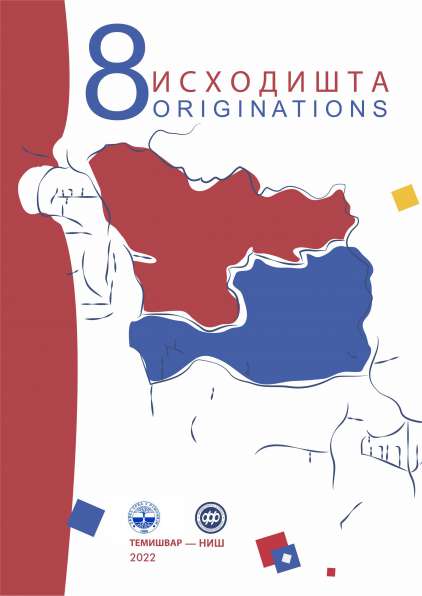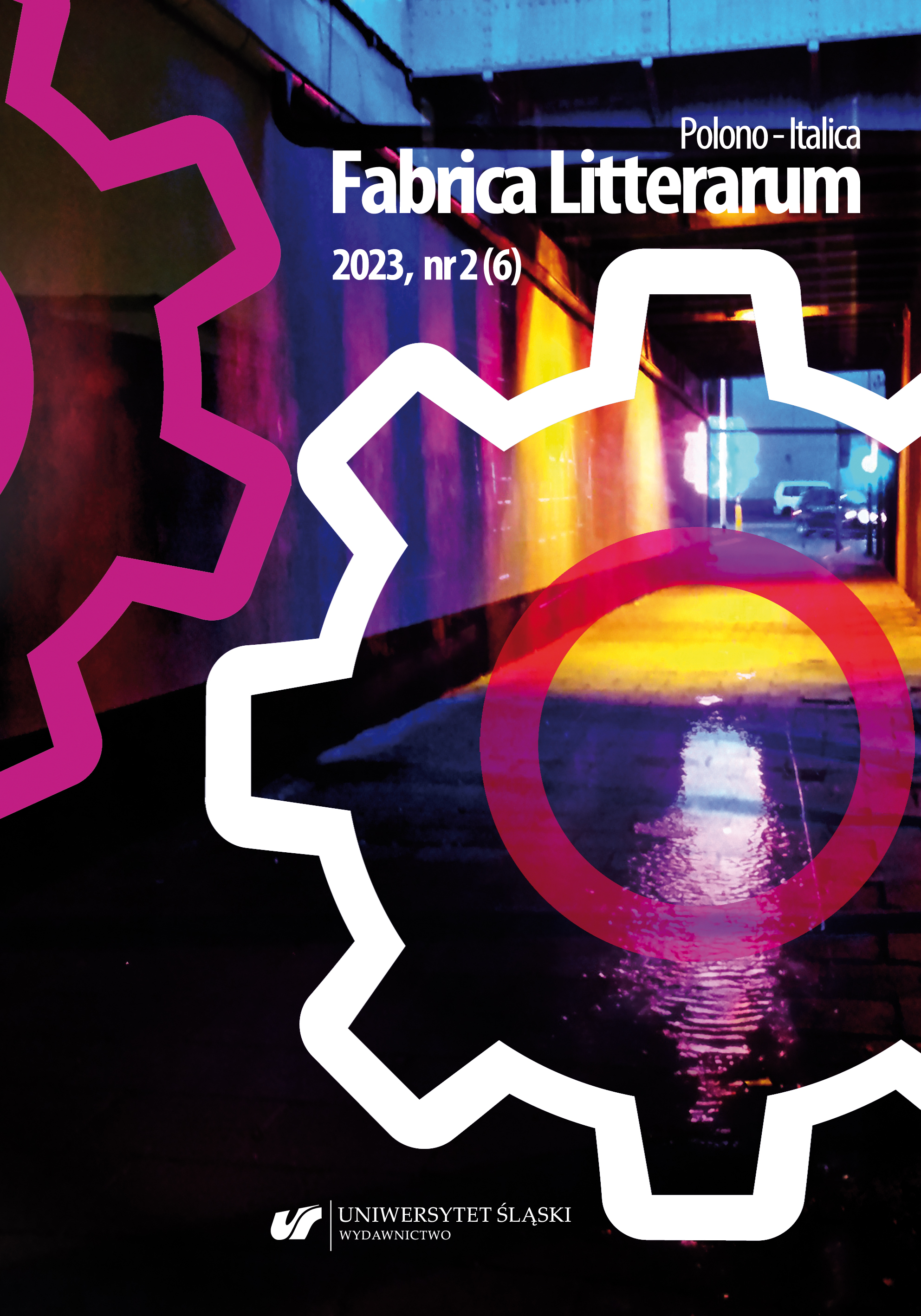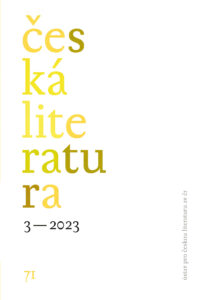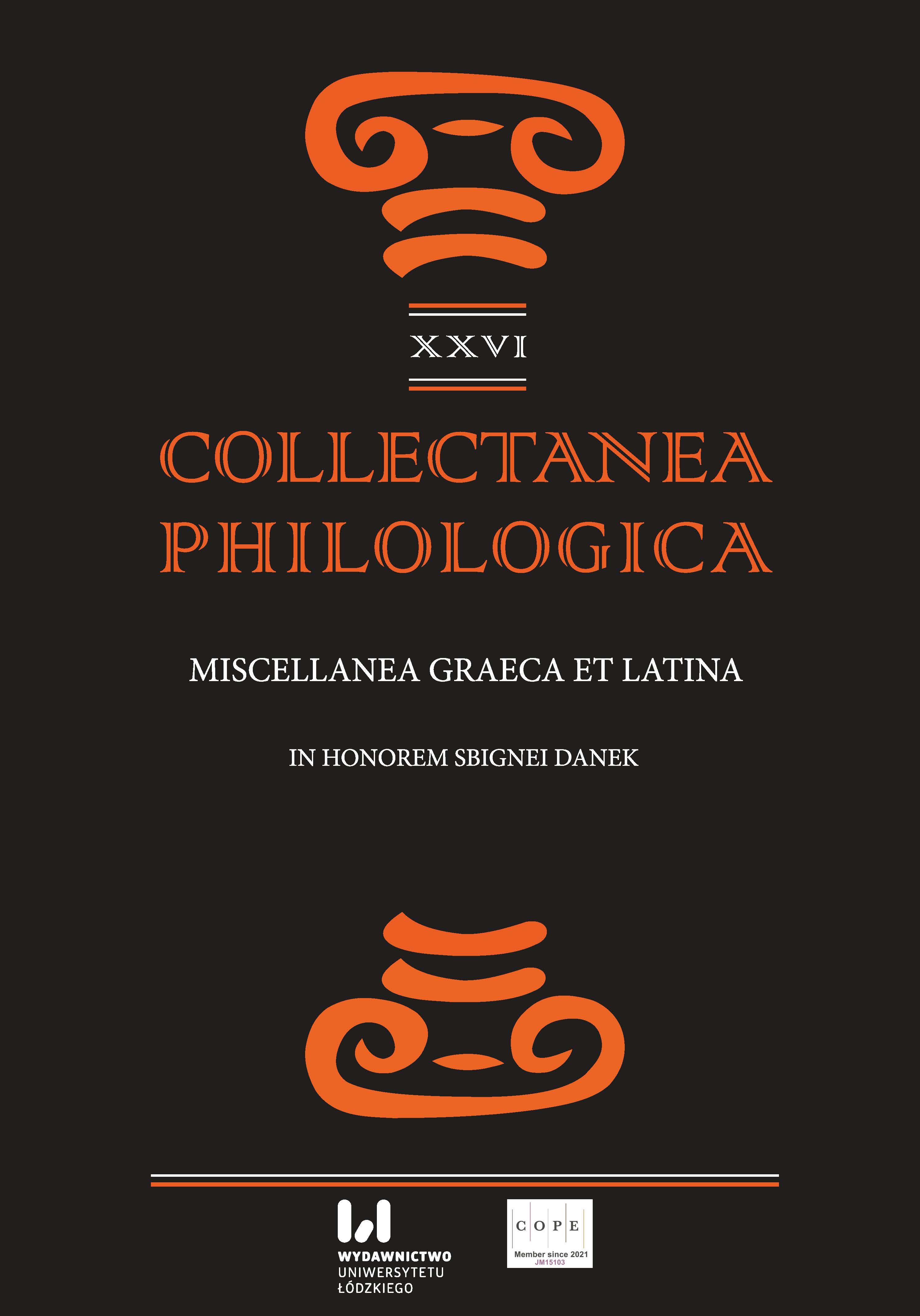
МЕТОДОЛОШКИ ОКВИРИ ИСТРАЖИВАЊА СРПСКЕ КЊИЖЕВНОСТИ ПРЕДРАГА ПАЛАВЕСТРЕ
Предмет рада је истраживање методолошких оквира књижевноисторијског рада Предрага Палавестре са циљем указивања на његов књижевнонаучни допринос изучавању српске књижевности у светлу регионалних и европских књижевних оквира. Истраживање се заснива на дијахронијском прегледу развоја књижевноисторијске (књижевнонаучне) методологије Предрага Палавестре и синтези у погледу грађе и виђења српске књижевности са аспекта једног од најзначајнијих проучавалаца књижевности на нашим просторима. У завршном делу рада указујемо на значај истраживања Предрага Палавестре у контексту методологије науке о књижевности. Како бисмо сагледали приступ Предрага Палавестре књижевним појавама у својим књижевно-научним радовима (монографијама, студијама, огледима; књижевноисторијским прегледима), у обзир узимамао следеће књиге: Послератна српска књижевност 1945–1970, Историја модерне српске књижевности: златно доба 1892–1918, Књижевност Младе Босне (објављене у два тома) и Јеврејски писци у српској књижевности.
More...



